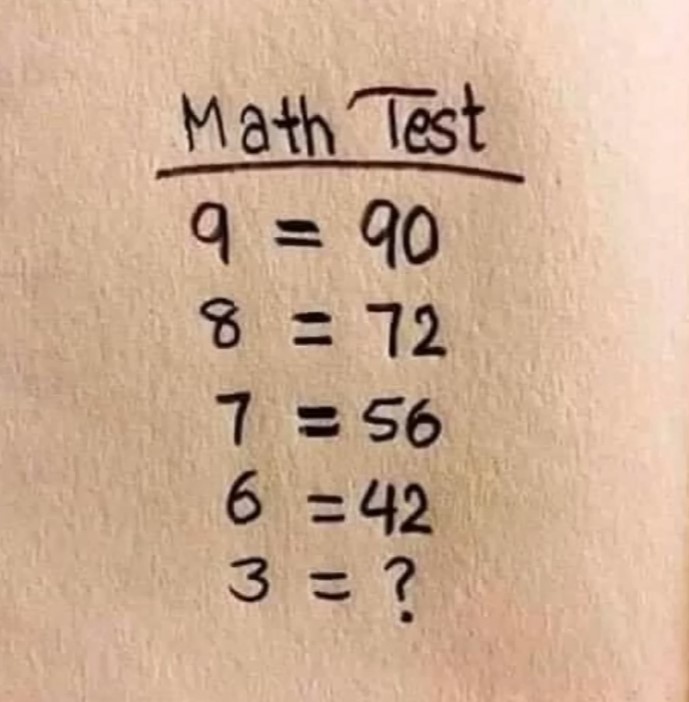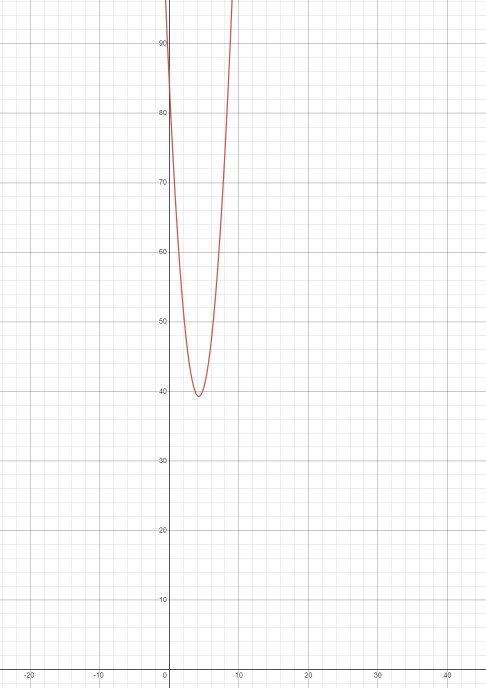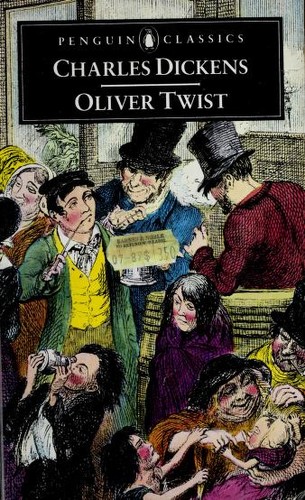"What?! FRANCE, why do you do numbers so weird?! I hope they could hear me. They need to know."
- via Facebook, 26th Oct 2022.
Anyone who has ever tried to learn French, including native speakers, must have at some point realised that the French method for naming numbers is madder than a March hare.
It makes some sort of sense that right across Europe, that numbers beyond 12 cease to have individual names. We have ten digits on our hands plus to feet is twelve. It also helps that twelve is a nice composite number with many factors.
Like English, French has words for small numbers:
11 - Eleven: Onze
12 - Twelve: Douze
Unlike English though, French has words for small numbers which English does not:
13 - Thirteen: Treize
14 - Fourteen: Quatorze
15 - Fifteen: Quinze
16 - Sixteen: Seize
At seventeen, French finally runs out of names for its numbers:
17 - Seventeen: Dix-sept
At some point, languages just run out of words for its numbers. The most extreme example I can think of this is Hindi. Hindi does have rules and a pattern for naming its numbers up to one hundred but the forms are so weird and irregular and they change so very much that you basically have to learn a hundred different word. I am not even going try to explain Hindi.
French is so Être à l'ouest that it rattles my beans. French numbers are crazy-bonkers-hatstand. Historically, this has to do with the fact that French is just the language which happened to win, in the giant multi-millennial melee in the battle of the tongues. As I understand it, French is likely derived from Frankish. The Franks kind of smashed everyone in the whole region between the rivers Loire and Rhine, before Charlemagne from about 800 onwards, decided that he was going to have fun and smash everyone else in l'hexagone as well. As language is malleable and changing, it absorbs things which are useful, ejects things which are not, and sometimes hard encodes weirdsies from the past.
This aspect of the French language isn't French at all but a feature of Gallic which shared a lot in common with the Celtic languages. Probably Gallic used a sexagesimal system, either because numbers beyond 60 weren't useful or because 60 is a far more sensible system to use.
100 has only 7 factors - 100, 50, 25, 10, 4, 2, 1
60 of the other hand has 10 factors - 60, 30, 20, 15, 12, 10, 6, 5, 4, 3, 2, 1.
More factors means that there are more ways to divide and share the amount; which is incredibly useful for a number system. I personally think that the world would have been better off if we had decided to use twelve and not ten because 12, 6, 4, 3, 2, 1 are more useful than 10, 5, 2, 1 as factors, as halves, quarters, and thirds (and maybe sixths), are sensible factors for normal life. 5 is only a thing because 10 is a thing. If twelve was the base, then dec and el (X and E) would have been just smallish numbers and 10 would have still been the headline for the system. 60 as a number base, retains all of the goodness of 12 but with some other fun stuff for free.
I could be generous and suggest that Gallic used a sexagesimal system because it was thinking about maths and wanted to divide stuff up fairly and equitably and that is in fact true for ancient nations like Egypt, Sumeria, Babylon et cetera who were doing astronomy. It is probably for that reason that a circle is divided into 360 degrees, with 60 minutes, 60 seconds, 60 thirds, 60 fourths... ad nauseum. I'm not going to be generous though. My suspicion is that Gallic, which was spoken by a bunch of peasant farmers, who were more concerned with making turnips and carrots and wheat and beefs and bacons grow, stopped at sixty because there wasn't really any need for much beyond that.
I live in a world where science has standardised weights, measures, distances, speeds, and currencies. The tyranny of 10 washes through so much of modern life that it isn't funny. The Gauls however, who are pre-Industrial Revolution, pre-French, and even pre-Arabic numerals, have a language which might even be pre-Roman and pre-practical maths. The Romans certainly did not help.
The Romans may have been amazing engineers and had an amazing army buy they conquered Southern Europe, Northern Africa and the Middle East, with a very silly language and a very silly number system. The Roman Language has a Nominative, Genitive, Dative, Accusative, Ablative, Vocative, and Locative cases ; which all makes for a very silly language. Sure, they counted in tens but Roman numerals are unwieldy and daft. When you have a silly language and a silly number system, then you're not likely to influence a tribal/regional language on a technical point of order like maths.
All of this leads towards the rather obvious question of "why bother?" Why bother inventing words for something which you're never ever going to need on any kind of regular basis at all. If you are a Gaul, then when are you ever likely to have 73 of anything? Okay, maybe at harvest season when you have 73 turnips but in any practical real world sense, why would you even need to know that you have 73 turnips? The human mind nominally can hold about 23 things in a register before they cease to be individual things and just become a clump. What's 24? It's two dozen, that's what it is. Gallic never needed to bother to invent any words beyond sixty because why would it ever need to? Even now, French's words for 100 (cent) and 1000 (mille) are likely to be imports which are Roman derived. There is an Egyptian hieroglyph for the number 1,000,000 which shows a man with his hands up in the air in abject astonishment as if to say "What is this? I can't even!"
Getting back to French:
50 - cinquante: Fifty. This is sensible.
60 - soixante: sixty. That's where for all practical intents and purposes, most people's need for a number ends. Why bother inventing anything beyond that? Your average Gaul is sitting in a house where the roof leaks and hoping to get into a state of turnip based inebriation, to fend of the discomfort of raging cholera before the destroying angel comes at last to steal the light out of their eyes.
61- soixante-et-un: sixty and one. This is sensible.
70 - soixante-dix: sixty and ten. This is crazy.
71- soixante-et-onze: sixty and eleven. This is more crazy.
76 - soixante-et-seize: sixty and sixteen.
77 - soixante-et-dix-sept: sixty and ten seven. What's going on here?
French, having been derived from a Romance language and after overlaying on top of a Celtic peoples, has ended up with a weird pseudo-vigesimal number system. Of itself that's not ridiculous because a lot of languages used to be this way; even English. Remember "four score and seven years ago"? A "score" in English, is just another name for twenty.
Beyond eighty, French just counts four twenties with the appendix that it used beyond sixty.
80 - quatre-vingt: four twenties.
90 - quatre-vingt-dix: four twenties ten.
96 - quatre-vingt-et-seize: four twenties and sixteen.
97 - quatre-vingt-et-dix-sept: four twenties and ten seven.
To wit, traditional Scottish Gaelic uses a full vigesimal (vigesmus - 1/20th) system, hence based on twenty and its multiples, rather than on ten and its multiple.
10 - deich: ten
20 - fichead: twenty
30 - deich air fhichead: ten on twenty
40 - dà fhichead: two twenties
50 - leth-cheud: half hundred
60 - trì fichead: three twenties
90 - ceithir fichead ’s a deich: four twenties and ten
120 - sia fichead: six twenties
180 - naoi fichead: nine twenties
However Modern Scottish Gaelic has adopted a regular decimal system because that is what everyone else uses.
60 – seasgad: sixty
70 – seachdad: seventy
80 – ochdad: eighty
90 – naochad: ninety
While we're at it, Swiss French speakers, Belgian French speakers, and Canadian French speakers, have also adopted a regular decimal system because that is what everyone else uses.
60 – soixante: sixty
70 – septante: seventy
80 – huitante: eighty
90 – nonante: ninety
In Liège, Geneva or Montréal, it is probably more common to hear nonante-sept (ninety-seven) instead of quatre-vingt-dix-sept (four-twenty-ten-seven).
Danish has also retained a crazy-bonkers-hatstand number system; to the point where a simple number like 58, needs complex fractions. 58 is "otteoghalvtreds" and it literally reads eight-two-and-a-half-times-twenty. If we do the maths 8 + (½ x 20) = 8 + 50 = 58.
What is to be done about this? Why if the French people know that other French speakers use more sensible language do they persist? The Délégation générale à la langue française et aux langues de France (DGLFLF) is not exactly the French language police but they at least try to keep English words which are creeping into French, out. The DGLFLF will suggest new French derived terms for the French civil service but ultimately, they can't keep the tide out forever.
The truth is that France probably will adopt soixante, septante, huitante and nonante into the language at some point in the future but that time is not yet.
They need to know. They do know. They just don't care, yet.



